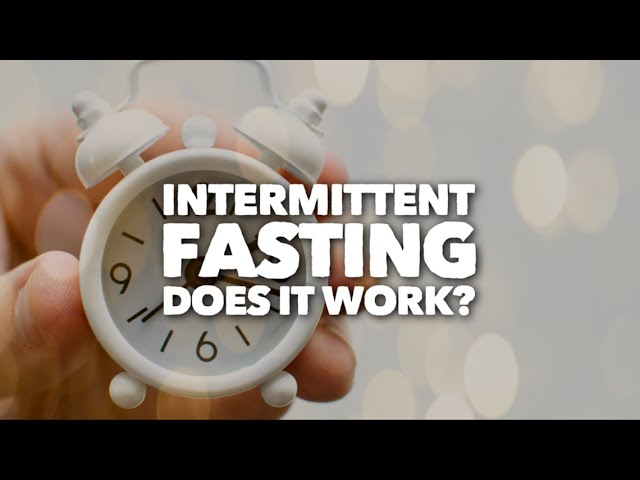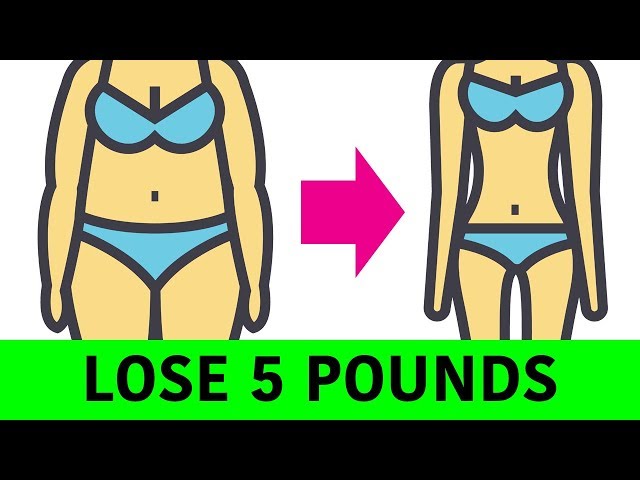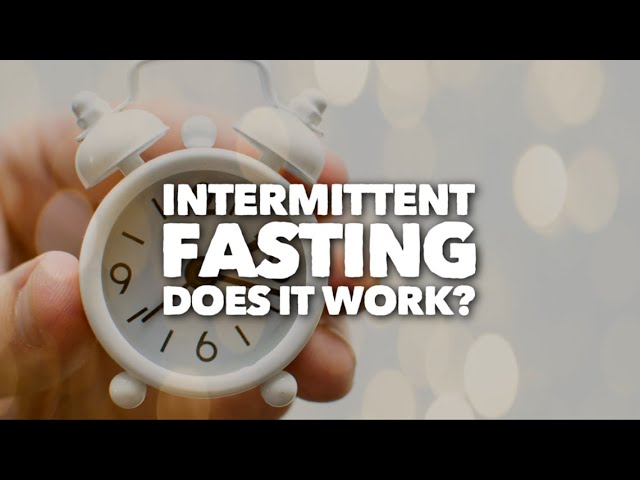
Have you ever found yourself daydreaming about shedding 20 pounds in a mere month? It sounds tempting, doesn’t it? The thought of fitting into that pair of jeans you’ve been eyeing for ages can be incredibly motivating. But is it realistic? More importantly, is it safe?
To get to the heart of this issue, let’s start with some basics. According to experts, losing a significant amount like 20 pounds in just 30 days is not without its challenges and potential pitfalls. Consider the scenario: to drop 20 pounds in one month, an individual needs to maintain a caloric deficit of about 2,500 calories per day. This can sound daunting. As one nutritionist put it, “A deficit of this magnitude is nearly impossible for most people to sustain without incurring serious health risks.”
So, why the urgency to lose weight so quickly? Perhaps a wedding is around the corner, a beach vacation is coming up, or maybe you’re simply ready for a change. The motivation factor often propels people into extreme dieting or rigorous exercise routines. But before diving headfirst into such methods, let's explore the strategies that could come into play.
First and foremost, pinpointing the right caloric intake is crucial. For those aiming to lose weight effectively yet sustainably, the recommendation typically leans towards a moderate caloric reduction—around 500 to 800 calories daily. Experts suggest that a balanced diet focusing on nutrient-dense foods is key. Think fruits, vegetables, lean proteins, and whole grains. “Filling your plate with these foods not only supports weight loss but also ensures that your body gets the nutrients it craves,” said another dietitian.
Exercise becomes a vital component of this equation, too. A combination of cardiovascular workouts and strength training can enhance overall calorie burn. “Resistance training, especially, can help maintain muscle mass during weight loss, which is often overlooked,” noted a fitness coach. Incorporating at least 150 minutes of moderate aerobic activity each week is recommended as a minimum standard. Elevating this amount can lead to increased losses and faster results.
Meanwhile, hydration is often underestimated. Drinking ample water throughout the day helps in managing hunger levels and optimizing metabolism. Public health agencies suggest drinking at least 8 cups of water daily, and even more if you're heavily active. One participant on a weight loss forum shared, “Once I started drinking more water, I found it easier to resist unnecessary snacking.”
Now, there’s the time factor; let’s chat timelines. Many who aspire to lose weight often mistakenly believe that radical changes yield radical results. But what experts advocate is a methodical approach to weight loss. Aiming to lose 1 to 2 pounds per week is considered both safe and attainable. Over a span of three months, this can result in a significant loss without creating too much stress on the body. As a nutritionist advised, “Steady progress is better than a fast crash and burn.”
Additionally, various anecdotal experiences shed light on this subject. One user on a popular weight loss subreddit remarked, “When I focused on consistent moderate changes over several months, my body transformed in ways that felt sustainable.” This highlights the importance of not only the tactics employed but also the mindset surrounding the journey.
In questioning the feasibility of such a rapid weight drop, health and safety cannot be overlooked. Drastic diet alterations can lead to nutrient deficiencies, fatigue, and even emotional stress. Many find that after extreme dieting, their bodies rebound once they return to normal eating patterns. This psychological aspect of dieting shouldn’t be disregarded. An intuitive approach may prove to be more effective in the long run.
Thus, if you still feel inclined to pursue the goal of losing 20 pounds in a month, ensure that it’s done with careful planning and perhaps some guidance from healthcare professionals. It’s about finding a balance that works for your lifestyle while recognizing the limits of what is healthy and safe. After all, the journey to weight loss should not feel like a sprint; it’s more like a marathon.
As the old saying goes, “Slow and steady wins the race.” By adopting a holistic view towards nutrition and exercise, setting realistic expectations, and focusing on a paced approach, weight loss can transform from a daunting task into an achievable goal. Remember, your health is a priority, and the journey to a healthier you might just require a little patience.







